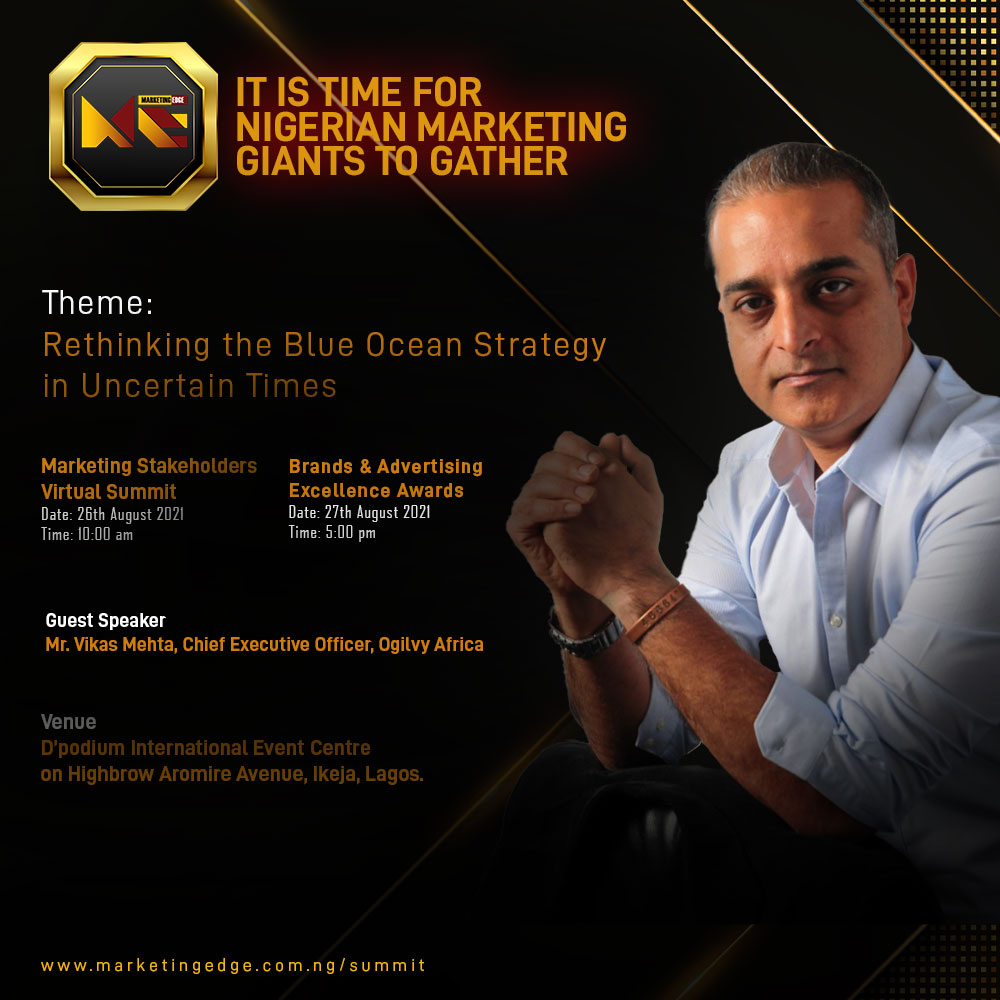Today’s digital age has us intricately connected to our phones and devices and, by extension, to social media. With everyone having a platform and an audience, the impulse to share news instantly has become second nature, whether it’s a celebrity mishap or a tragic accident. However, this phenomenon often leads to the troubling trend of prioritizing content creation over immediate human empathetic response especially in critical situations. Too often today, the immediate first instinct is to pull out a phone and start recording instead of providing help.
“Everybody has a phone, internet access, a network, a platform, and a voice. Everyone has an audience. Because of this, we all feel like automatic purveyors of news,” said Darey, Singer/Songwriter and Group Executive Director and co-founder of Livespot360, in an interview with Marketing Edge.
“This reflex can have dire consequences,” Darey pointed out as he emphasized the need to unlearn such ingrained behaviors.
“If somebody dies, we want to be the first to announce it to our friends and family. If it’s a celebrity, we rush to share the news: ‘Did you hear what happened to that person?’ Unfortunately, it’s almost always bad news that travels quickly. Imagine witnessing a fatal accident or encountering someone unconscious. What is your typical first reaction?”
“The same phone you use to create content could save a life,” Darey explained. “Even if you don’t know what to do, you can quickly do a Google search to try and remedy the situation. How do you perform CPR? Watch a video that can guide you. We need to start using the same tools which add to the problems, to solve them.”
According to Darey, the challenge is not the lack of tools but a mentality shift. It’s about reorienting our thinking and using the resources at our disposal for the right reasons. For instance, basic knowledge of first aid can make a significant difference. Knowing how to respond appropriately in emergencies, like performing CPR or creating breathing space for an unconscious person, can save lives.
A recent video of an accident in Lagos highlighted this issue. While some people helped overturn a car after an accident, many continued filming instead of leading a coordinated response. There was no leadership guiding the necessary first line of action, such as calling emergency services or administering first aid. Similarly, during a tragic boat accident that claimed the life of a popular Nigerian actor and four others, basic life-saving measures were overlooked in favor of capturing the moment.
“Our society needs to reassess the value of a human life,” the Singer stated. “We are beginning to act like life no longer has value. In a place where emergency services can be called, even if nobody wants to help, at least make the call.”
Are we, as human beings, naturally more attracted to bad news? Why does bad news spread faster than good news? Why don’t we keep the same energy when it comes to good things happening? What is the correct reaction when bad things happen? If someone is in an accident and needs help, why is our immediate reaction to bring out our phones? Maybe we can use these questions to spark a conversation about why this happens. Is there a scientific reason?
“We first need to understand the rationale behind this before we can start talking about finding our humanity again. Is it because of technology? Is it because we’re so attached to our phones? Is it because of social media? Is it because we all want to be famous in some way? These are some important questions to consider,” Darey urged.
“The same social media and new technologies that should solve problems and help humanity often fail us in their application. To change this, we need to start saving emergency information on our phones and learning basic first aid techniques. Before using our phones to record or live stream, we should consider the context. In some scenarios, like documenting police misconduct for example, filming is crucial. However, when someone’s life or health is at risk, rendering potential life-saving help should be our first reaction.”
Reclaiming our humanity involves discerning the right reaction for the right situation, reorienting our approach and utilizing the tools at our disposal effectively, and ensuring that our first instinct is to help rather than to document. Let’s strive to prioritize humanity over content creation, using technology to aid rather than distract.






Comment
No comments found.